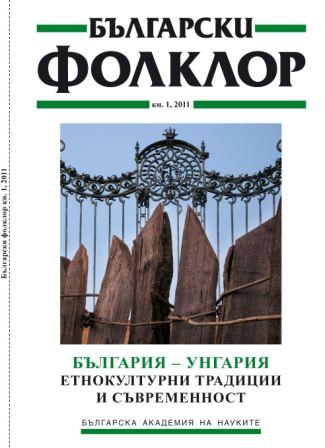Съвременният музей – посредник в общуването (Българо-унгарски паралели)
The Contemporary Museum – An Intermediary in Communication (Bulgarian-Hungarian Parallels)
Author(s): Valentina Ganeva-RaychevaSubject(s): Customs / Folklore
Published by: Институт за етнология и фолклористика с Етнографски музей при БАН
Summary/Abstract: What is happening with museums today? Are they changing or they remain the same? Do they meet the expectations of different audiences? Do they follow the logic of contemporary cultural industry? The author searches for an answer to these questions by focusing the attention on museums as spaces for dialogues, as intermediaries in the communication between diverse audiences and different cultures, between cultures and territories. The arguments are based on observations made during research projects in Hungary and Bulgaria, as well as on impressions from a project on a civil initiative in the sphere of culture, which relates directly to the museum as an institution. The article presents the Hungarian experience with an emphasis on the National Ethnographic Museum in Budapest as posing a good example of adequate actions in response to expectations from museums nowadays. The latter involve museums’ being being active subjects in the social life of the city, realizing research, educational and cultural programs, and serving not only as places of memory, but also interacting successfully with different types of public. The article outlines the role of the wide network of managing heritage (including also public and private forms of partnership), which was established and currently functions well in Hungary. The work on a project about the network of associations „Friends of the museum,” which have as their purpose the enhancing of civic initiatives in the sphere of culture, is presented as Bulgarian steps towards shaping the new image of the museum. Examples are provided about the work of the Club of friends of the Regional Ethnographic Museum in Plovdiv, and optimism is expressed about the important steps that were made in turning Bulgarian museums as sites of people’s interaction.
Journal: Български фолклор
- Issue Year: XXXVII/2011
- Issue No: 1
- Page Range: 17-28
- Page Count: 12
- Language: Bulgarian
- Content File-PDF

